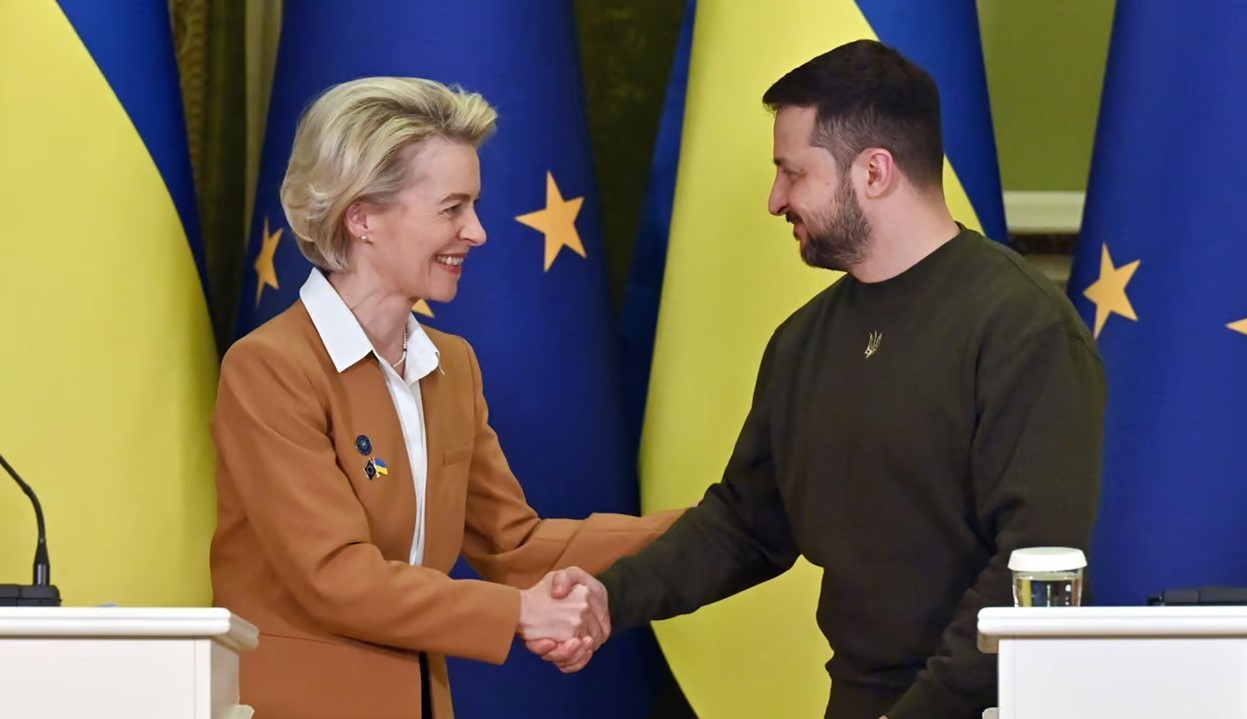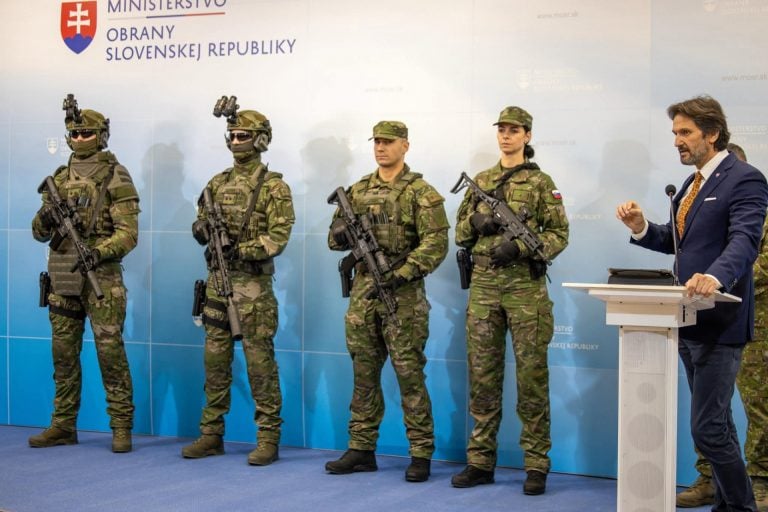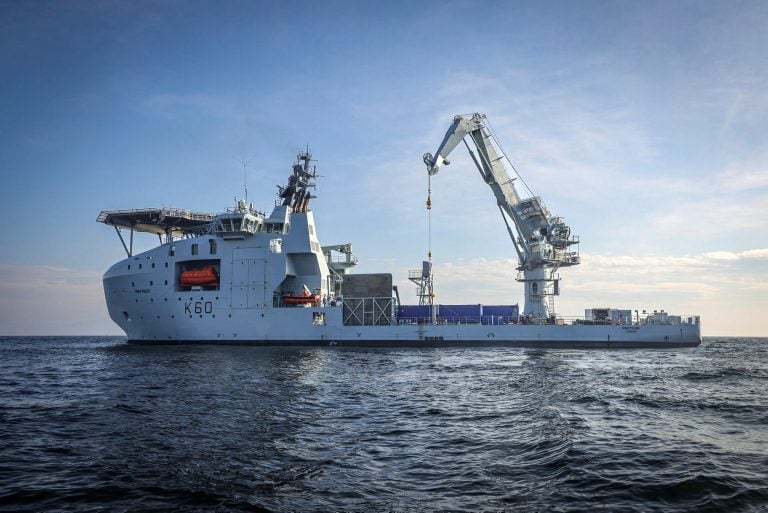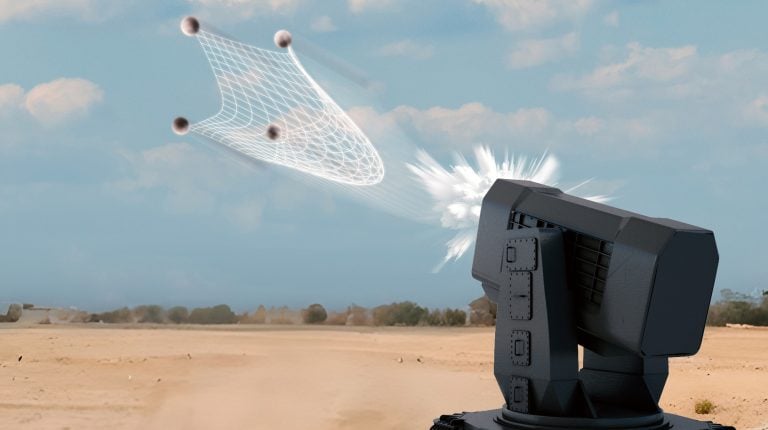In a significant advancement for international justice, the European Union announced that experts from 37 countries convened in Brussels and reached an agreement on the foundational legal framework for a special tribunal aimed at prosecuting Russia for its aggression in Ukraine. Since proposals for such a court were first suggested over two years ago, efforts had faced considerable delays due to disputes over the legal basis and operational structure of the tribunal.
Recent developments, particularly the anticipated return of Donald Trump to the White House, have intensified the urgency among European officials. Concerns have mounted that Trump’s potential peace negotiations could lead to a scenario where Russia escapes accountability for its actions. In light of this, the EU expressed a renewed commitment to establishing a clear pathway for justice regarding the aggression perpetrated by Russia.
European Commission President Ursula von der Leyen emphasized the gravity of Russia’s violations, stating, “When Russia chose to roll its tanks over Ukraine’s borders, breaking the UN Charter, it committed one of the gravest violations: the Crime of Aggression. Now, justice is coming. Justice for Ukraine.” This statement reiterates the extent of the conflict’s impact and the necessity for formal accountability measures.
EU Justice Commissioner Michael McGrath noted that while technical work remains to finalize the tribunal’s draft, there is optimism that this will be completed soon, marking a critical step in the tribunal’s establishment. Unlike the International Criminal Court (ICC), which issued an arrest warrant for Russian President Vladimir Putin in March 2023 for the abduction of Ukrainian children, this special tribunal will specifically address the crime of aggression—an area in which the ICC currently lacks jurisdiction.
Additionally, Ukraine has been proactive in documenting and investigating war crimes, with authorities reporting that they are examining over 140,000 cases of potential violations committed during the ongoing conflict. This persistent effort underscores Kyiv’s dedication to holding accountable those responsible for war crimes.
Furthermore, in a related initiative aimed at reparations for the destruction caused by the war, the EU has proposed its involvement in potential discussions for an “International Claims Commission” focused on Ukraine. This would serve as another mechanism through which the international community can support Ukraine in addressing the extensive damages incurred as a result of the conflict.
As the momentum builds toward establishing this tribunal, the actions taken by the EU and its global partners will be closely monitored as a significant step in the enduring quest for justice in the face of aggression.







